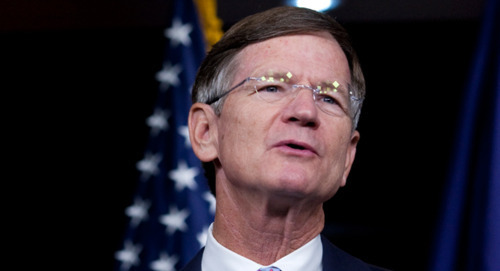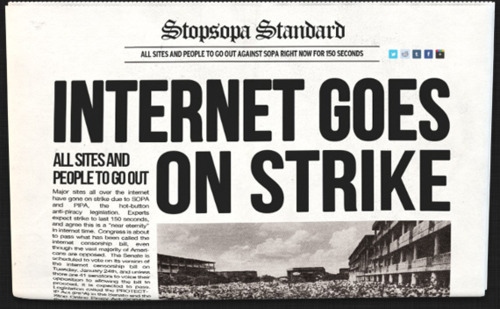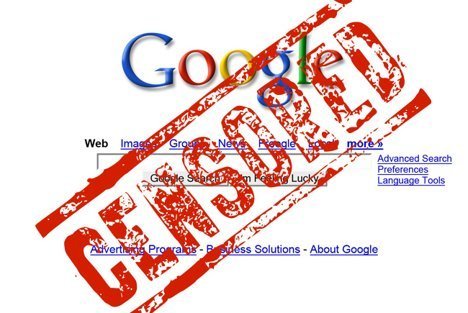
The Stop Online Piracy Act (SOPA) and Protect IP Act (PIPA) are burning up the internet with controversy and stimulating lench mobs of protests. SOPA and PIPA have been successfully subdued with much help from many tech connoisseurs who have jumped on the bandwagon of opposition against these U.S. bills. With so many people now deciding to oppose these groundbreaking federal laws (even some who were initially heavy supporters) without knowing exactly what they are about, who is being left out or benefiting the most if they take effect. Let’s journey through what birthed these piracy laws as well as how they could positively and negatively affect the tech world.
Definitions of Stop Online Piracy Act (SOPA) and Protect IP Act (PIPA)
Also known as H.R. 3261 and the Enforcing and Protecting American Rights Against Sites Intent on Theft and Exploitation Act (E-PARASITE Act), the technical wording for the bill according to Wikipedia:
“SOPA is a United States bill introduced by U.S. Representative Lamar S. Smith
(R – TX) to expand the ability of U.S. law enforcement to fight online trafficking in copyrighted intellectual property counterfeit goods (from non-U.S. based websites). Provisions include the requesting of court orders to bar advertising networks and payment facilities from conducting business with infringing websites, and search engines from linking to the sites, and court orders requiring Internet service providers to block access to the sites. The law would expand existing criminal laws to include unauthorized streaming of copyright material, imposing a maximum penalty of five years in prison.”
Created by Senator Patrick Leahy (D – VT), PIPA is defined as “a bill presented in the U.S. Senate which would enable the U.S. Justice Department to act against websites anywhere in the world if they were thought to be breaking US copyright laws” according to the Macmillan Dictionary.

The Benefits of SOPA and PIPA
Since Sean Parker and Shawn Fanning caused a piracy up-roam with Napster in the early 2000s, all eyes have been on the protection of content on the web. Now the government and dominant media and copyright organizations are attempting to implement SOPA and PIPA which would give copyright holders more protective power over their work especially from foreign-based websites. Limiting foreign copyright opportunists is the main goal of these two piracy acts but the fear of major website information hubs and search engines like Wikipedia and Google is that it won’t stop there. The Internet is now the e-commerce and virtual-information battlefield between alleged good and evil of the World Wide Web.
Supporters of SOPA and PIPA
During Fall 2011, a tremendous number of trade associations, businesses, professional and labor organizations signed a letter urging Congress to begin legislation to stop foreign-based sites from copyright infringement. Most large media companies and copyright/trademark organizations are also for it – Recording Industry Association of America, Copyright Alliance, Disney, National Cable & Telecommunications Association, Comcast, Motion Picture Association of America, Universal Music, Viacom, the Screen Actors Guild and Warner Music to name a few.
Above all, SOPA and PIPA’s biggest cheerleaders are U.S. Congressional and Senate seat holders. However, the White House has stated, “any effective legislation should reflect a wide range of stakeholders, including everyone from content creators to the engineers that build and maintain the infrastructure of the Internet.”

Deflectors of SOPA and PIPA
Not all government leaders are supporting SOPA and PIPA. Senator Scott Brown (R – MA) and Senator Ron Wyden (D – OR) have actively expressed how the acts conflict with freedom of speech. Online Protection and Enforcement of Digital Trade Act (OPEN) is the proposed alternative bill to PIPA which states:
“OPEN Act is a bill introduced in the U.S. Congress by Senator Ron Wyden (D – OR) and Representative Darrell Issa (R – CA) to protect creative ownership in America while securing the open, accessible Internet you deserve.”
The historical Internet blackout enacted by Wikipedia which “prevented kids from doing their homework” reported a website but intended to show their displeasure for the two acts. Google took it a step further and posted a petition that millions of people signed in protest. Sites like Wikipedia and Google fear that the “prevention of foreign-based site piracy” will quickly infiltrate U.S. based sites too that the government may “assume” to violate SOPA and PIPA.

From Protection to Protest
From the inception of SOPA and PIPA to the avid protestors, the sister acts have lost some appeal from a lot of their initial supporters (many of them due to the backlash from the public) and has been halted by the government. The voice of the people has never been louder through the wielding of the Internet. The Madison Tool which is associated with OPEN Act, hopes to help the public govern what should be regulated on the Internet – no the government.
by Bianca M. Bailey @ B Culture Media




